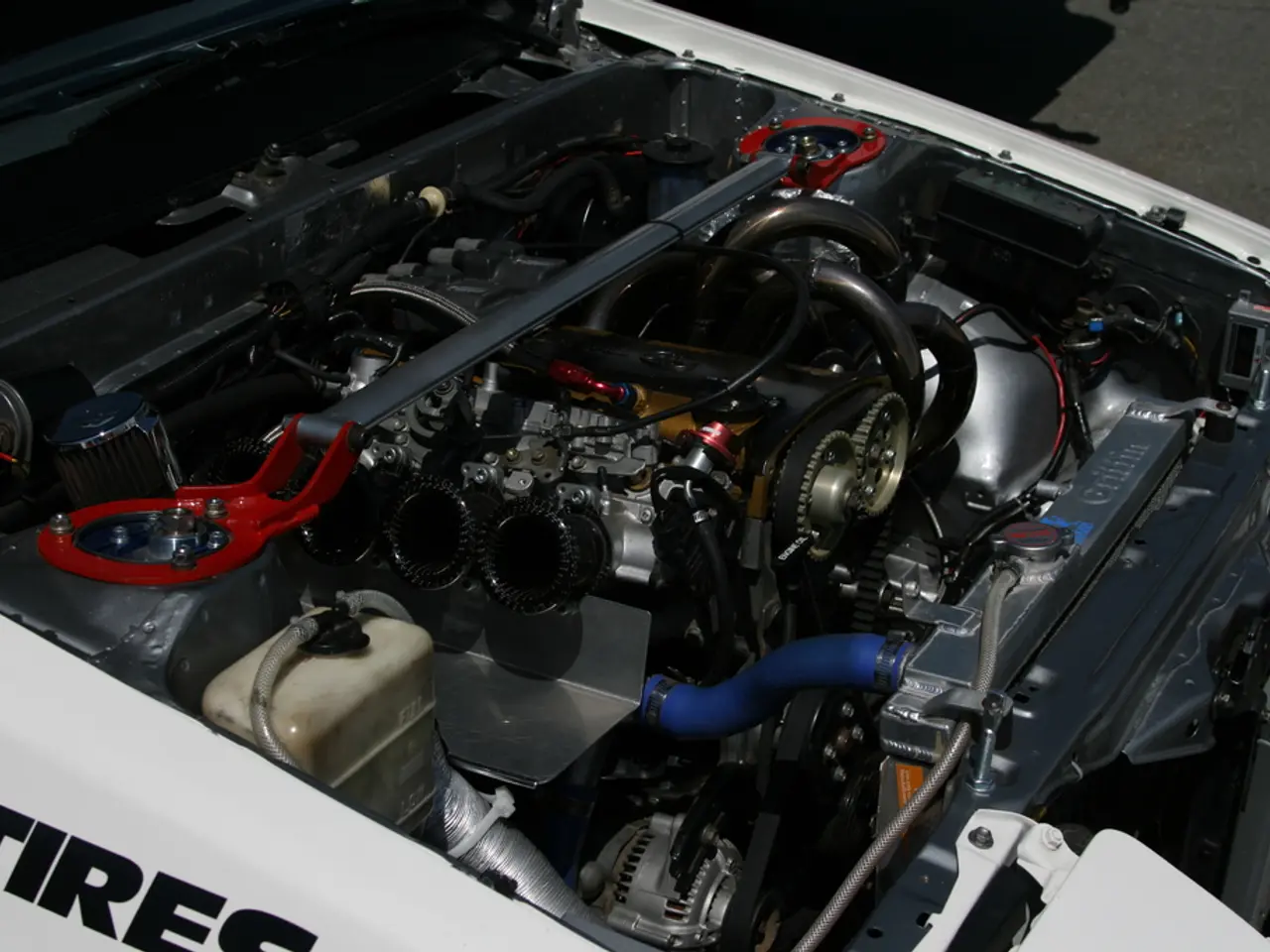Don't Overlook Your Fuel Filter: Key to Vehicle Performance
Car owners should be aware of the importance of the fuel filter in maintaining vehicle performance. This unsung hero prevents contaminants from clogging fuel lines and injectors, ensuring smooth operation and preventing costly repairs.
Fuel filters come in various types to suit different engine needs. Diesel engines often use fuel cartridge filters due to their sensitive injection systems. Meanwhile, modern gasoline direct injection engines may use filters designed to last the vehicle's lifetime. Older vehicles and diesel engines typically require regular replacement every 60,000 to 90,000 km.
A clogged fuel filter can cause loss of power, poor starting behavior, or increased fuel consumption. This increased wear can lead to expensive repairs if not addressed. Changing the fuel filter may require specific tools, and it's recommended to fill the new filter with fresh fuel before installation to aid starting the vehicle later. Proper venting of the fuel system is crucial after assembly to prevent insufficient lubrication of injectors and high-pressure pumps, which could result in costly damage.
Regular fuel filter maintenance is key to preventing engine issues and saving on repair costs. Understanding the different types of fuel filters and their replacement intervals can help drivers ensure their vehicles' longevity and optimal performance.




